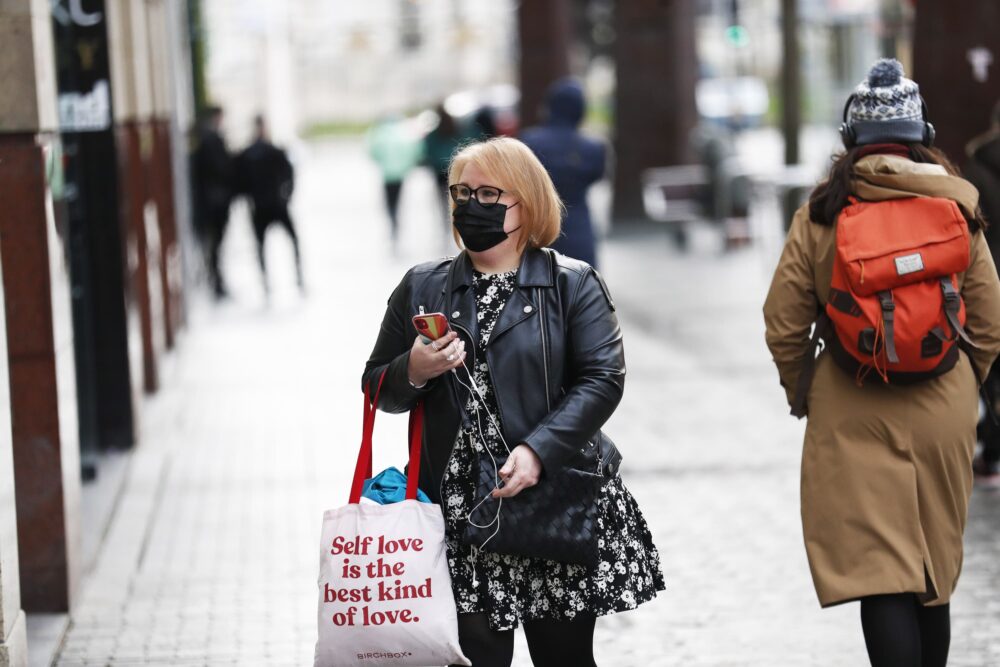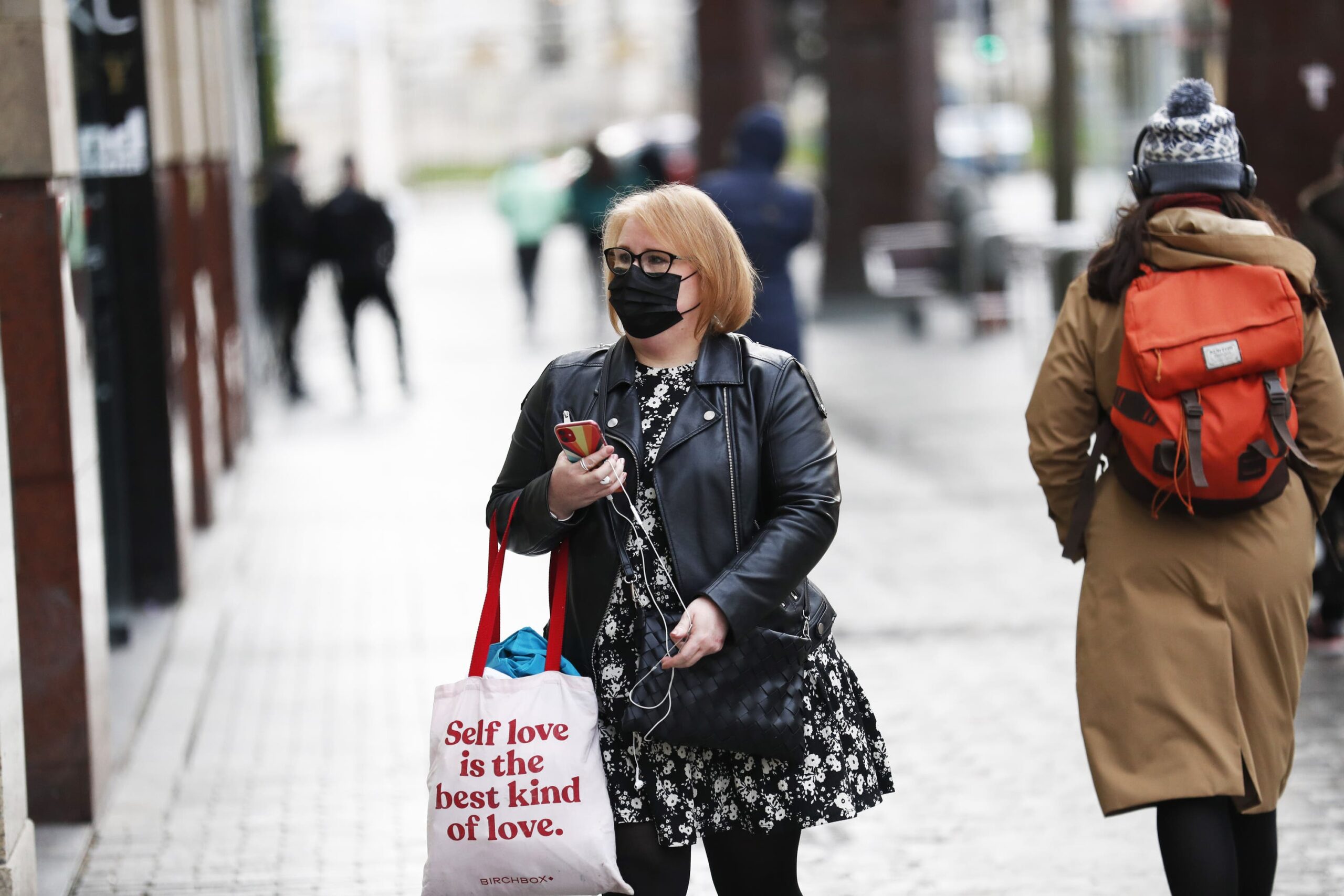Shoppers returned to the high street in droves last month as UK retail sales rebounded after the impact of the Omicron variant of coronavirus and the easing of related restrictions, new figures show.
The Office for National Statistics (ONS) said sales rose by 1.9% in January, meaning they were 3.6% above pre-pandemic levels.

However, it came after a 4% fall in December when shoppers stayed at home in the run-up to Christmas as Omicron spread rapidly.
Our latest data show retail sales volumes rose by an estimated 1.9% in January 2022 compared with December 2021.
This is 3.6% higher than their pre-pandemic levels (February 2020) https://t.co/fb3j0OSLxT pic.twitter.com/FWkg6Dnots
— Office for National Statistics (ONS) (@ONS) February 18, 2022
ONS director of economic statistics Darren Morgan said: “After a sluggish December, where the Omicron wave had a significant impact, retail sales rebounded in January with their biggest monthly rise since the shops reopened last spring.”
The rebound in sales was buoyed by strong home improvement demand, as people sought to spruce up their properties at the start of the year.
Meanwhile, fuel sales volumes rose by 4.1% for the month, following a 5% fall in December as increased home working hit travel patterns.
Darren Morgan concluded:
(4/4) pic.twitter.com/Ac7NY67DLe
— Office for National Statistics (ONS) (@ONS) February 18, 2022
Mr Morgan added: “It was a good month for garden centres, department and household goods stores, with particularly strong trading for furniture and lighting.
“Following a rise in high street footfall towards the end of the month, the proportion of online sales dropped to its lowest level since March 2020, while an increase in road traffic helped push fuel sales up from December.”
The figures also revealed that food sales dropped by 2.3% for the month, representing the biggest fall since May last year, as people returned to restaurants and pubs.
This resulted in food sales dropping below their pre-pandemic levels for the first time.
The ONS added that this was also supported by “anecdotal evidence suggesting higher demand for takeaways and meal-subscription kits”.
Helen Dickinson, chief executive of the British Retail Consortium, said: “Despite falling consumer confidence, retail sales held up well in January as retailers went to great lengths to keep up the Christmas momentum.
“Falling Covid cases and the slow return to offices offer further hope for town and city centres that were hardest hit by the pandemic.
“Yet, rising inflation means households may be preparing for future falls in disposable income, including from April’s National Insurance and energy price cap rises.
“Retailers face similar challenges, with increases in transport and energy costs, global commodity prices and domestic wages.”
In response to this report, Bira’s CEO Andrew Goodacre said: “We are pleased to see a rise in retail sales in January, and is also reassuring to see on-line sales decline (down to 25% of retail sales). This is further evidence that people are reminding themselves of the benefits of shopping on high streets.
“However, it is important that we avoid the trap of thinking that all is well on the High Street. The squeeze on the cost pf living and the increasing costs of running a business are a real threat to any recovery. Consumer confidence is fragile and more needs to be done to address the financial pressures faced by the public and businesses alike. There is a Spring statement form the Chancellor in March and it is an opportunity to reverse the proposed increase on business rates for small businesses this year.”


















